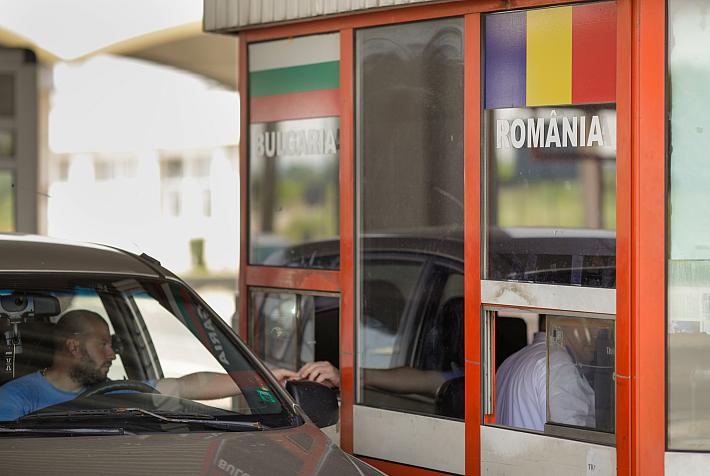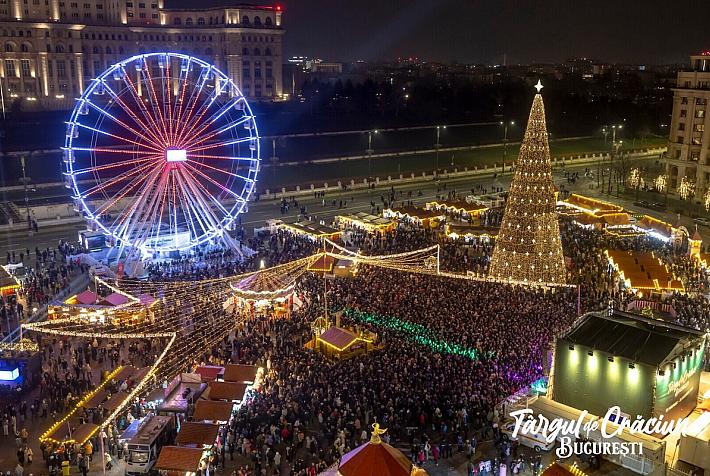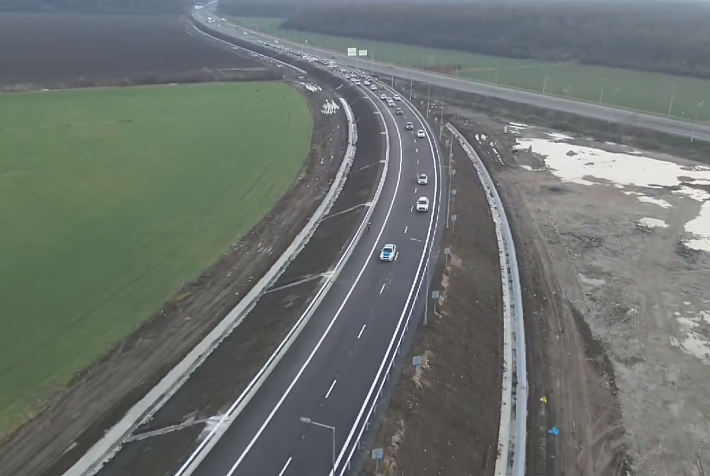Romanian film review – Turn back the time: A Love Story, Lindenfeld

I went to see A Love Story, Lindenfeld on a rainy Saturday and it was only me and six other people. When we left the cinema, I was the only one looking annoyed. My immediate explanation was that I was also the only one who was younger than seventy and in all seriousness, this might be it, because Radu Gabrea's film can only be taken seriously if you succumb completely to a schmaltzy nostalgia for the past.
O poveste de dragoste, Lindenfeld (now running in cinemas across the country) is based on the eponymous novel by Ioan T. Morar and tells the story of Ulli Winkler, a native of the Swabian village of Lindenfeld in Banat, Romania, who flees when his friends, relatives, and teenage love, Helga, are deported to labour camps in Russia. Sixty years later he is living in Germany and is the head of a business empire. When he finds out that Helga had survived the exile and returned to Lindenfeld, Ulli rushes back 'home', hoping to reunite with her and rebuild the once idyllic village.
Gabrea's credit is that he has been focusing on the stories of the German-speaking minorities in Romania, like he has with his previous two films, Der geköpfte Hahn/The Beheaded Rooster and Mănușile Roșii/Red Gloves, both adaptations of the excellent autobiographical novels by German-speaking author Eginald Schlattner about the intertwining of personal and collective history in 1940s Transylvania. But unfortunately this is not enough to make these films as good as the books.
In Lindenfeld in particular, Gabrea likes to strip the plot down to a central love story which is painfully cheesy and everything else is just as sentimental, from the dialogue to the shamelessly clichéd music.
The other problem is the language: Gabrea has obvious difficulties in finding actors which are good at both acting and mastering the German spoken in Transylvania and Banat and no film can be taken seriously when it sounds fake from the first lines. I could live with this, however, if the rest of the film was poignant, but Lindenfeld is so stagey, sugar-coated and irritatingly unbelievable, both as a fantasy and/or a 'realistic' tale, that I couldn't relate to it at all.
Everything else, from the acting to the cinematography and editing is average at best, and this is a real shame, not just because main actors Victor Rebengiuc and Victoria Cociaș are good but also because this is a film made with a decent budget, as it seems.
If you want to find out more about Lindenfeld, the Banat or the history the German minority in Romania, grab a history book. And if you are interested in an honest, more personal account, read Schlattner's novels.
By Ioana Moldovan, columnist












